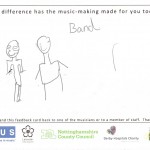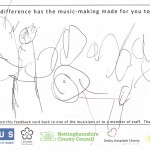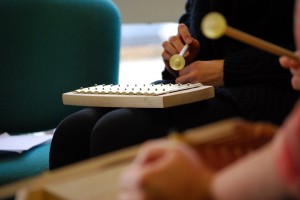musical interaction- by Sarah S
Leicester- 15/1/2013
Today was my first day working with Richard Kensington and Sarah Matthews at Leicester children’s Hospital. It was interesting to work in this new environment; the staff at Leicester’s Children’s Hospital were very welcoming and enthusiastic towards the musicians and it was inspirational to see photographs of some of the work Opus had already done in this children’s hospital.
We entered the space with Sarah and Richard playing ‘The Maid and The Palmer’. It is an upbeat and lively piece of music. I was able to observe how the music added a positive energy to the space. This was then physically reflected by the carer of a young boy who performed a little dance to the music. During this time I began to engage with the musicians and played a gentle musical drone. I was standing close to the young boy whose carer had been dancing; he was lying in bed and reaching out his hand. I felt that he was communicating with me and so I wandered in his direction, still playing the guitar. Once close to his bed side it became clear that this young boy was unable to verbally communicate. However, his eye contact indicated that he was excited by the guitar. His carer then informed me that at home this young boy had three guitars of his own and that he was passionate about music. He was then focusing his gaze up on the guitar and reaching out to play it. As the musicians continued playing I held down the G Major chord and the young boy strummed the guitar. It was a very intimate situation and I was moved to witness the expression of joy the young boy was experiencing during this musical interaction.
We then began to play ‘Zamina’; this was also performed in an upbeat expression. The young boy was more intermittent with his strumming on this song and I read this to be because he was listening to the three of us singing the song and then he would reach out for the guitar and I would step up to his bed side for him to strum the guitar. Sarah then indicated to us all to bring the song to a close, the timing was perfect as I also felt that it was time to leave this young boy’s space and move to another area of the children’s ward.
As a result of this experience I have been able to reflect on literature I have read about children and musical interaction. Especially were the non –verbal child is concerned, the main thing I experienced was the importance of eye contact. Bunt (2007) suggests that this kind of non –verbal communication is vital when tuning into the child. Especially, when engaging in musical play in order to witness the emotion, to understand how intensely the child is interacting and in order to know when to deliver more musical interaction or to end it (90). It was a rewarding experience and I had the opportunity to see theory in action.








